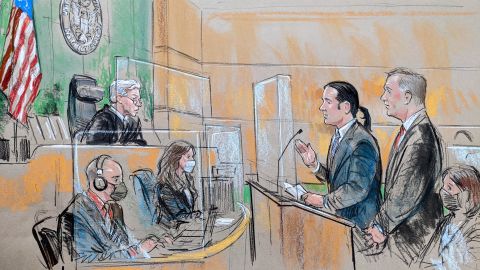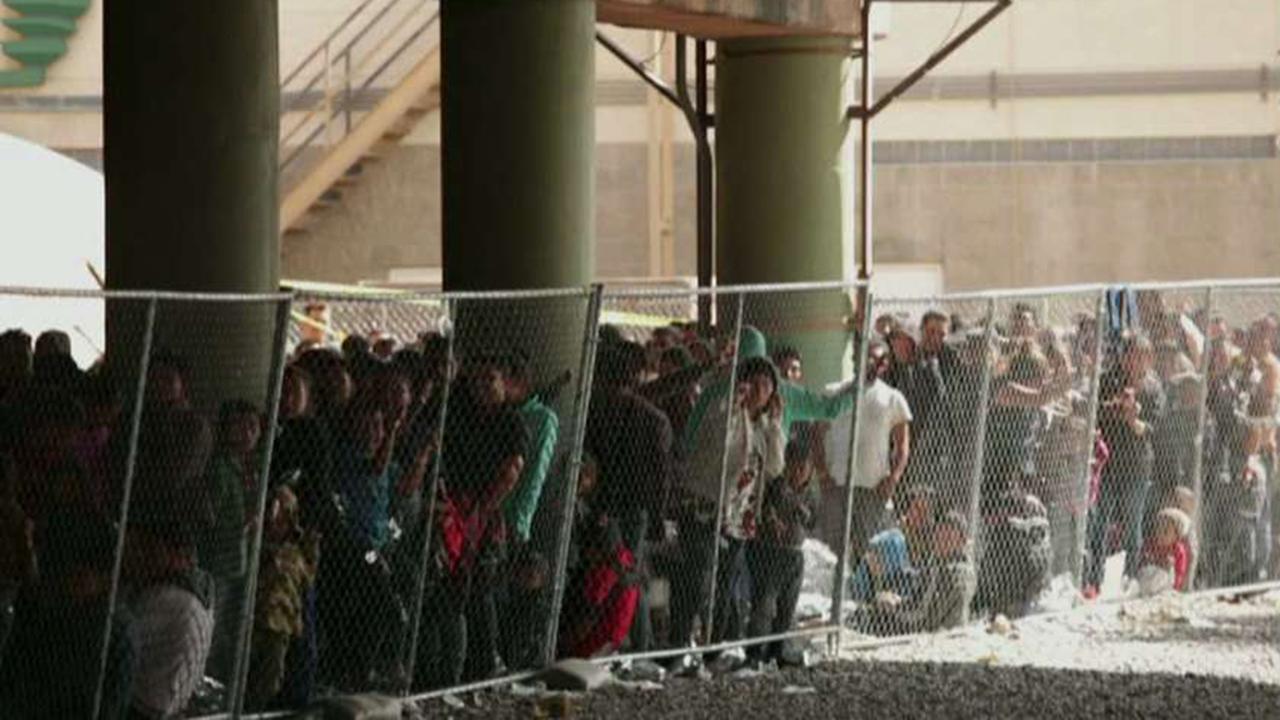Supreme Court Decision Sparks Unforeseen Judicial Responses
The recent Supreme Court ruling limiting the power of federal judges to issue nationwide injunctions was heralded by President Donald Trump as a monumental victory. However, the immediate aftermath reveals a judiciary that is far from cowed. Judges across the country are creatively maneuvering around this decision, demonstrating a commitment to civil rights and the rule of law that the Trump administration seems to underestimate.
Judicial Resistance to Executive Overreach
In a striking display of judicial independence, U.S. District Judge Randolph Moss, an Obama appointee, issued a ruling that effectively countered Trump’s attempts to ban asylum for many southern border-crossers. Moss utilized the Administrative Procedure Act, an avenue acknowledged by the Supreme Court as remaining available despite the injunction ban. This ruling defies the narrative that the Supreme Court’s decision has sealed the fate of civil rights litigation against executive overreach.
Class Actions and Administrative Procedure Act Take Center Stage
The Supreme Court’s ruling has prompted judges to refocus their strategies, turning to class actions and the Administrative Procedure Act to challenge the executive’s unlawful policies. As reported by The New York Times, this shift is crucial in ongoing cases aimed at protecting marginalized communities from Trump’s aggressive policies. Notably, Judge John Bates, a George W. Bush appointee, instructed federal health officials to restore critical gender-related data, emphasizing the necessity of lawful agency practices.

US Capitol riot judges step up as the conscience of democracy | CNN ...
Judges Defy Trump’s Attempts to Rewrite Federal Law
Judges are not merely reacting; they are actively pushing back against Trump"s narrative that his executive orders are above scrutiny. In Massachusetts, Judge William Young restored health research grants cut due to Trump’s executive orders, stating that public officials had “moved too fast and broke things.” This sentiment is a clear warning that the judiciary intends to uphold civil rights despite the executive branch"s attempts to sidestep established legal frameworks.
Potential Long-Term Consequences for Civil Rights
The implications of this judicial resilience could be profound. The Supreme Court"s decision may have limited the scope of nationwide injunctions, but as judges like Moss, Bates, and Young illustrate, the fight for civil rights is far from over. The ability to challenge executive actions via the Administrative Procedure Act could empower communities, particularly those most at risk from the administration"s policies. As reported by the White House, the administration"s triumph may be a mirage as judicial interpretations evolve.
Judicial Scrutiny of Birthright Citizenship and Refugee Admissions
Crucially, the Supreme Court"s ruling stemmed from Trump’s executive order regarding birthright citizenship. Judges overseeing cases challenging this and other restrictive measures are reconsidering whether their previous nationwide blocks remain valid. The potential for class actions to emerge in these contexts could lead to new avenues for protection against discriminatory policies. As outlined by The University of Chicago Law Review, the judicial landscape is anything but settled.
Military and Transgender Rights Under Scrutiny
Moreover, the 9th Circuit is currently reevaluating a ruling that prohibits Trump’s ban on transgender individuals serving in the military. The plaintiffs argue for broad protections that transcend individual cases, insisting that any limitation would reaffirm an unjust status quo. This highlights the critical need for a unified judicial stance against policies that undermine the rights of vulnerable populations.

Supreme Court hands Trump temporary victory on asylum rules | Fox News ...
Judges Seek Guidance Amidst Uncertainty
As the ramifications of the Supreme Court"s ruling unfold, judges are actively seeking input from both the Trump administration and its adversaries on how to proceed with ongoing cases. This engagement indicates a willingness to adapt and recalibrate strategies that continue to protect civil rights. It reflects a judiciary committed to maintaining checks on executive power, a fundamental tenet of American democracy that should not be underestimated.



![[Video] Gunfire between Iraqi security forces and Sadr militias in Baghdad](/_next/image?url=%2Fapi%2Fimage%2Fthumbnails%2Fthumbnail-1768343508874-4redb-thumbnail.jpg&w=3840&q=75)
